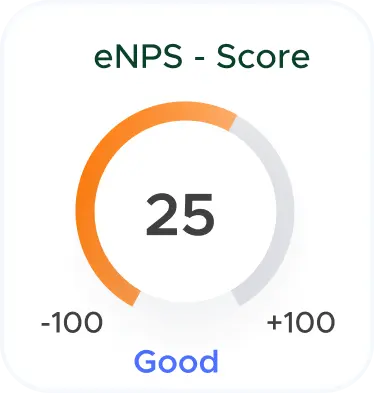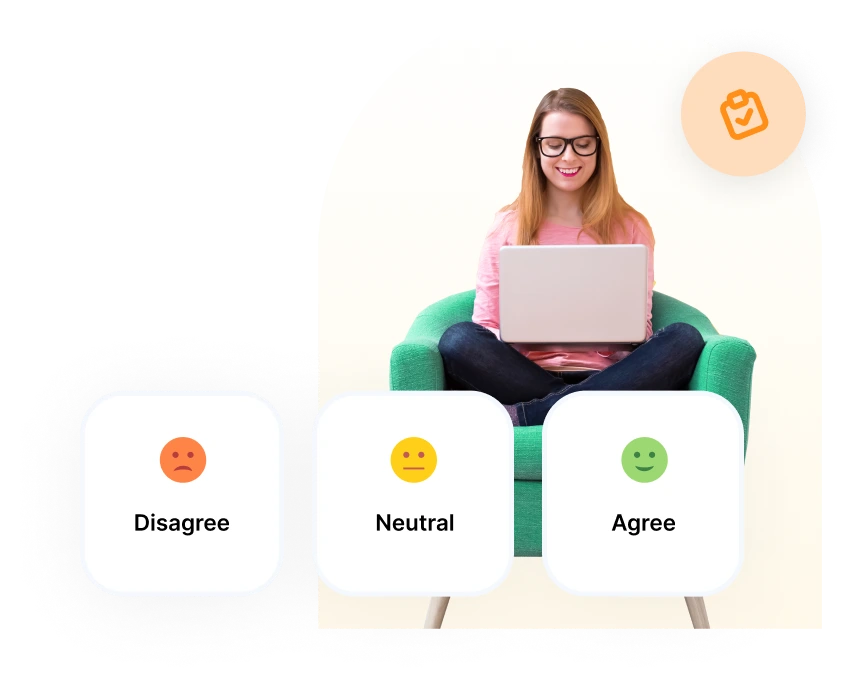How does the employee background verification process work?
Here is a general format of employee background verification:
- Obtain written consent
- Information collection
- Verification check
- Review and analysis
- Decision- making process
- Communication
1. Obtain written consent: Before conducting background check, it is necessary to obtain written consent by the candidate, which ensures compliance with privacy and make clear to the candidate that background check is a part of the hiring process.
2. Information collection: Relevant information about the candidate, such as resume, certification, references and other documents are collected to conduct the background check.
3. Verification check: Verification check includes employee history verification, reference check, educational qualification verification and criminal records if any are verified before hiring any candidate.
4. Review and analysis: HR reviews and analyzes the documents and conducts further investigation if any discrepancies are identified.
5. Decision- making process: Based on the outcomes of the background check, the employer makes decisions regarding the job role and responsibilities.
6. Communication: HR communicates the decision to the candidate after the background verification is done and if any discrepancies are identified the candidate is given a chance to respond and clarify.

.svg)













.svg)



.svg)
.svg)